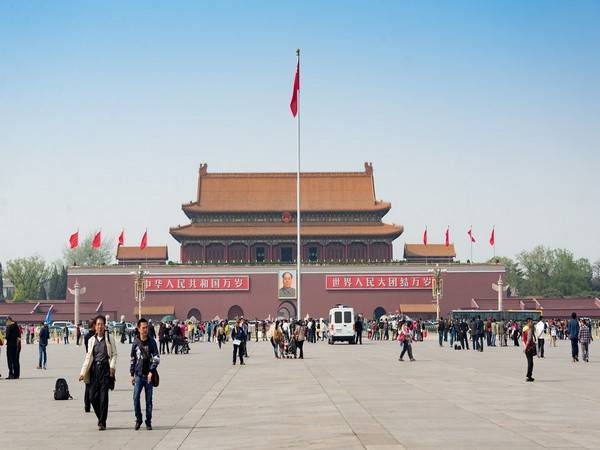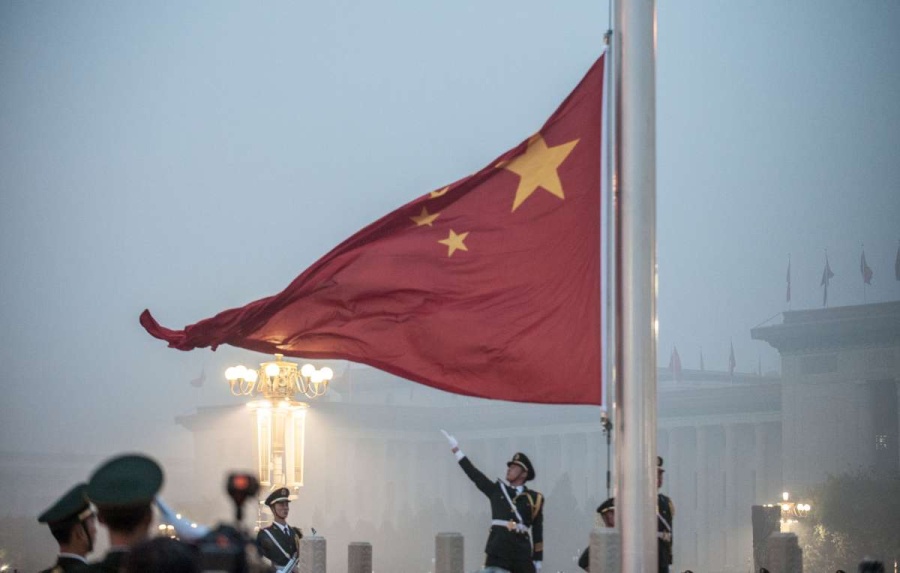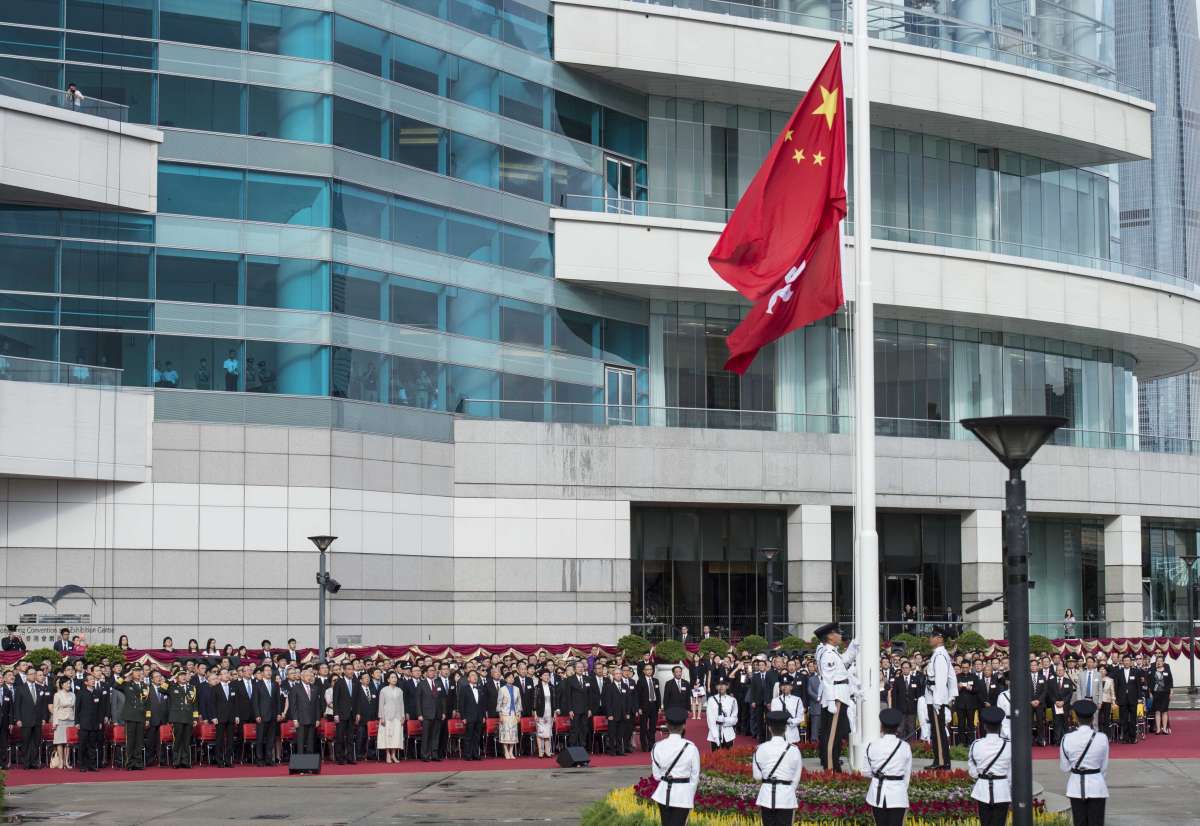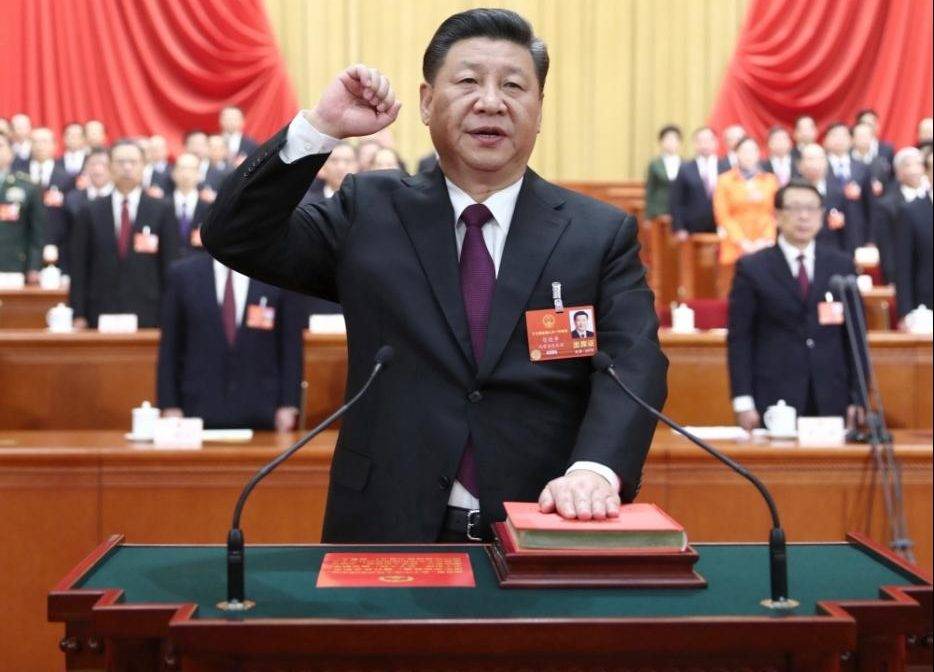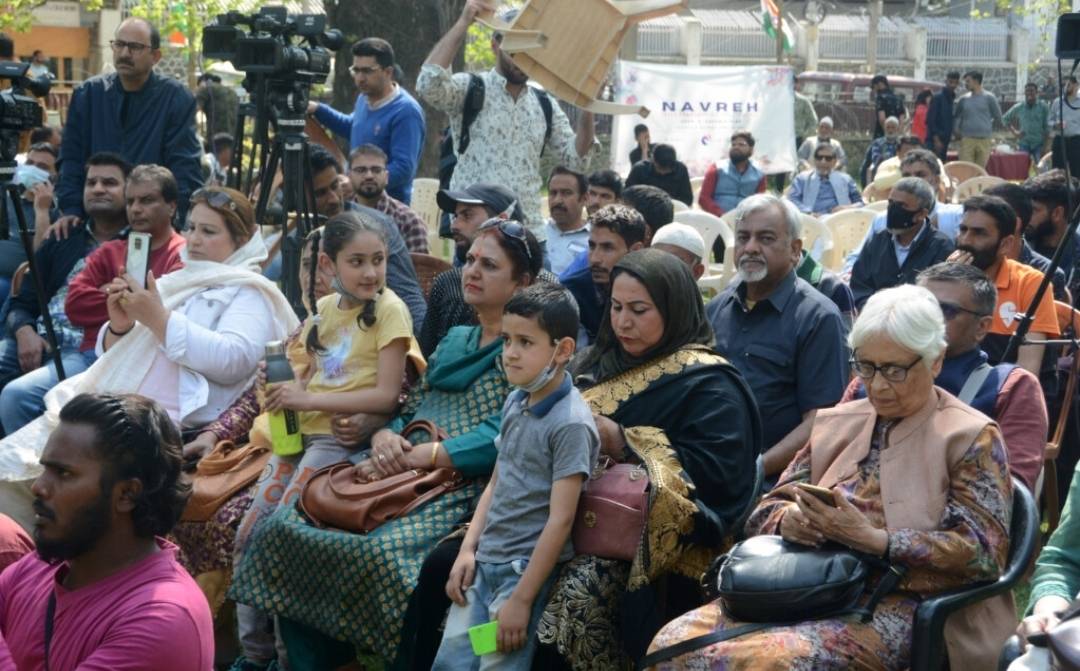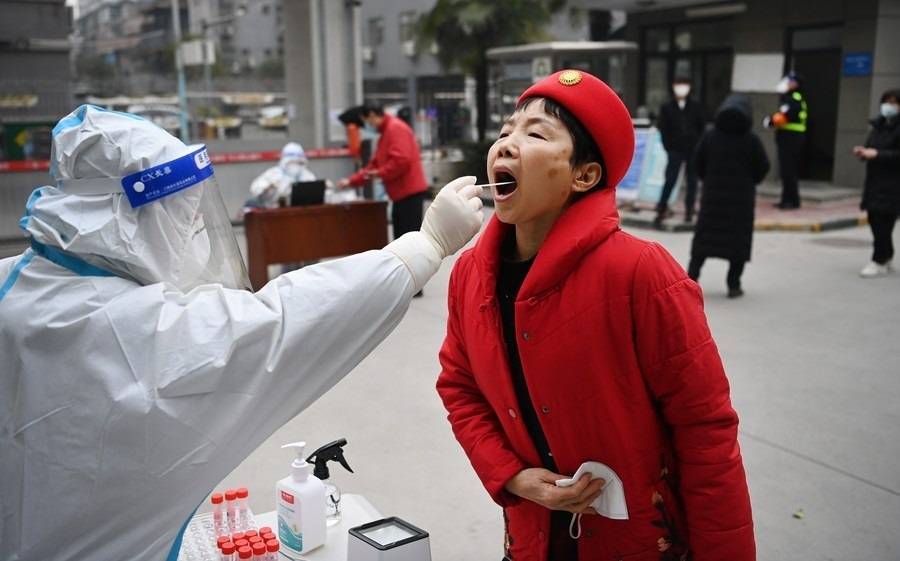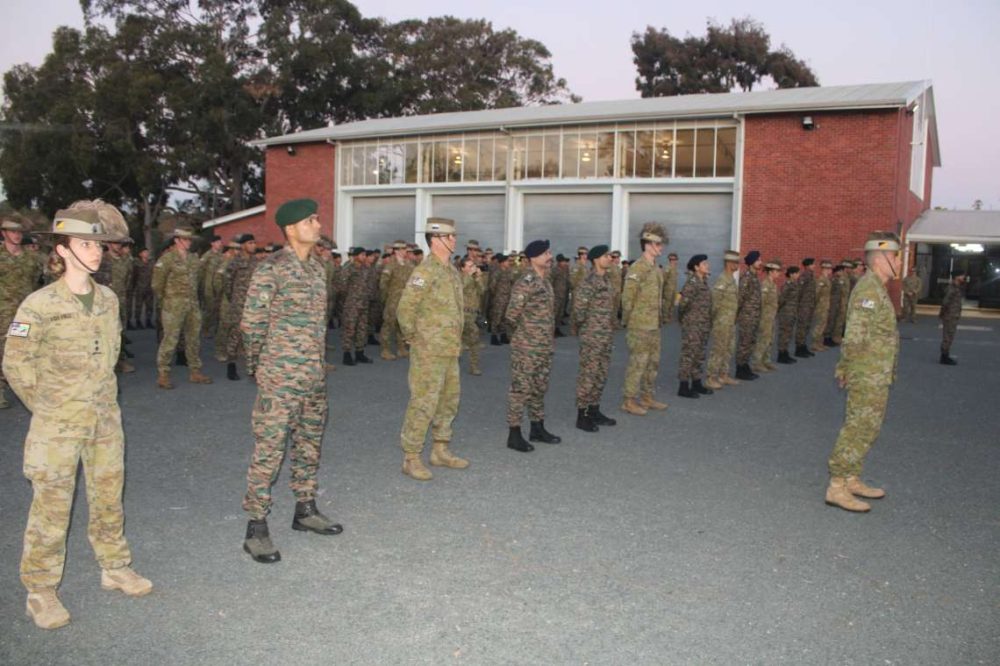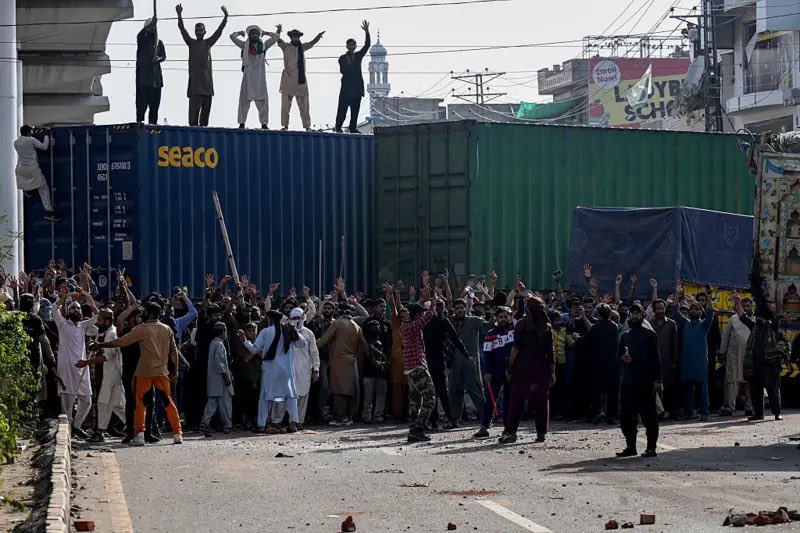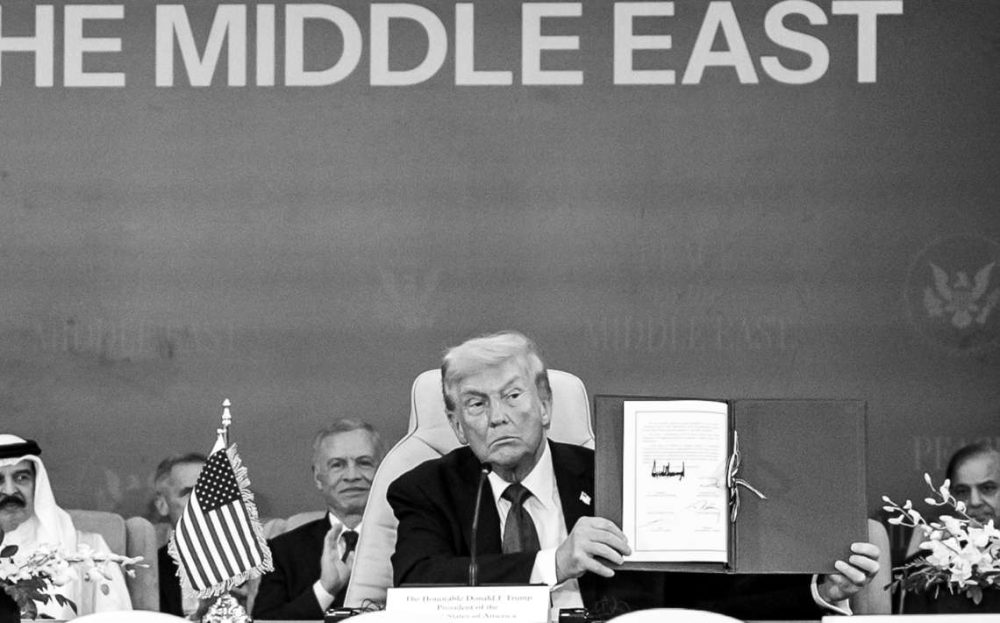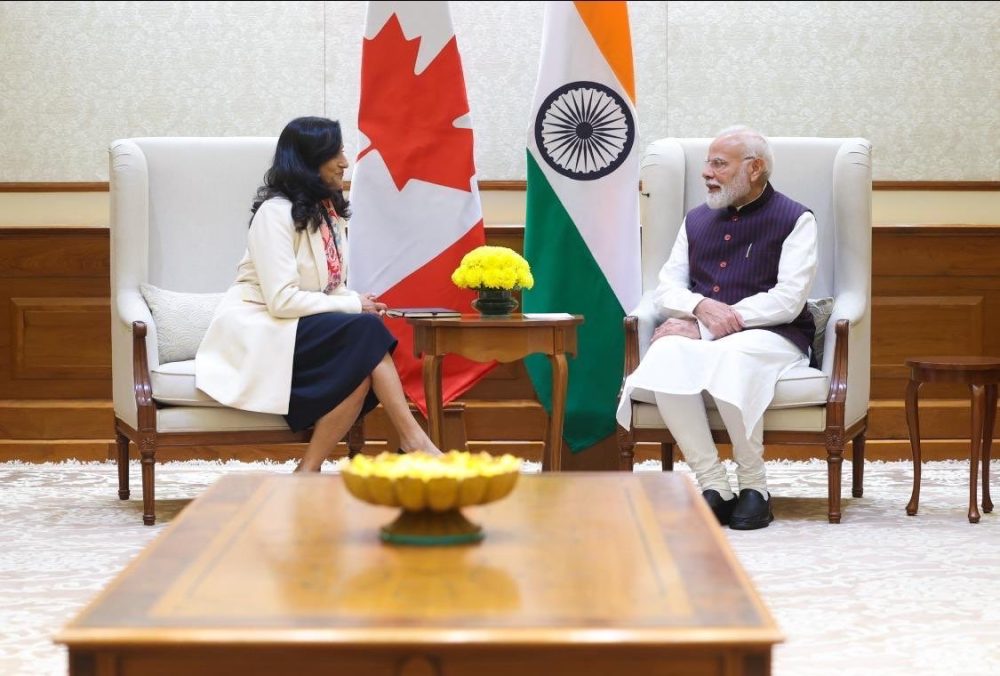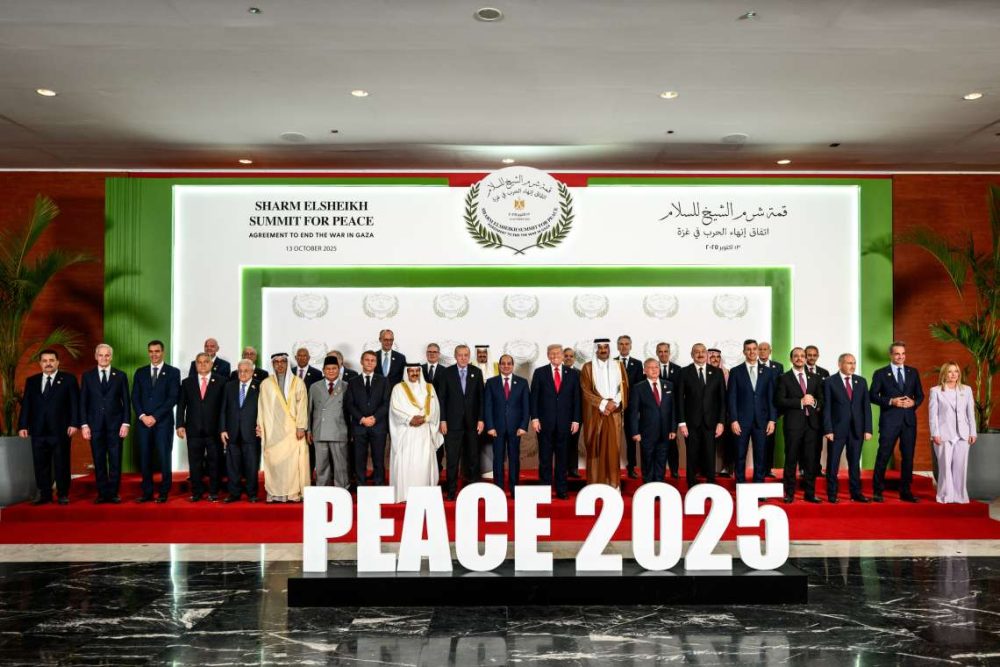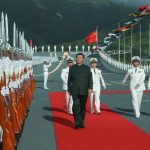The CCP has made many attempts to erase the incident from public consciousness over the years by creating a sort of ‘cultural amnesia,’…reports Asian Lite News
Asserting that the recollection of the Tiananmen Square massacre still haunts the Chinese Communist Party (CCP), a media report said that the party is making attempts to erase the memory of the ruthless political crackdown from public memory.
Last December, authorities in Hong Kong removed the ‘pillar of shame,’ an iconic memorial dedicated to the Tiananmen Square massacre of 1989, Hong Kong Post reported.
The memorial was designed by Danish sculptor Jens Galschiot symbolized the ruthless killings committed by the Chinese Communist Party (CCP) and the Peoples Liberation Army (PLA) in June 1989 when thousands of students gathered in central Beijing demanding political reforms and democracy.
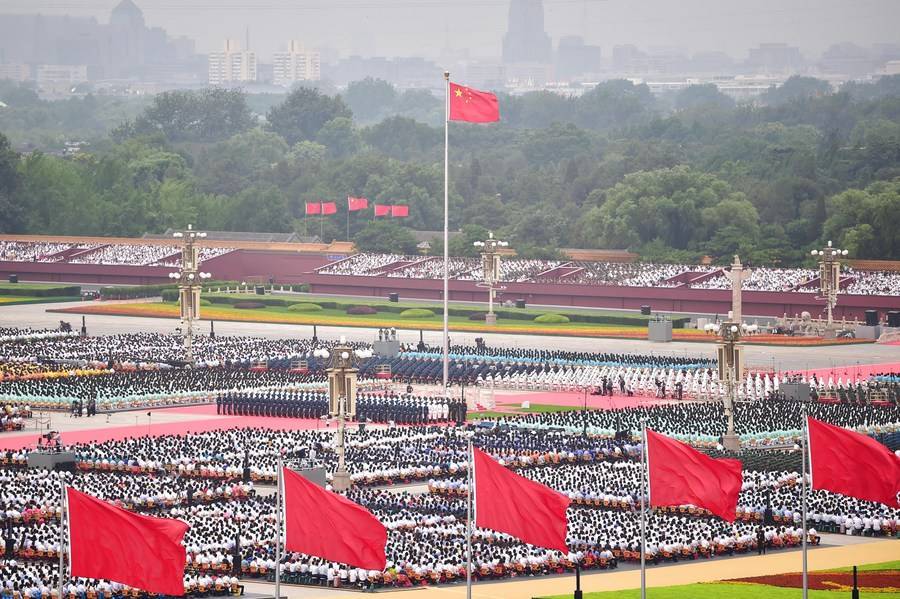
Chinese state television reinforced the propaganda by beaming images of violence committed by these ‘counter-revolutionaries’ against the PLA in various parts of the capital. However, the party is still unsure whether its propaganda has worked, the report said.
The CCP has made many attempts to erase the incident from public consciousness over the years by creating a sort of ‘cultural amnesia,’ the report said.
Chinese history textbooks rarely mention the incident and instead focus on historical incidents which portray China’s experience of being a victim of foreign subjugation. Likewise, textbooks in Hong Kong included for the first time reference to the massacre in 2004 but excluded any reference to the violent crackdown of the democracy movement or the fact that unknown numbers of students, Beijing residents, and soldiers were killed when the military moved into the city centre, the report further said.
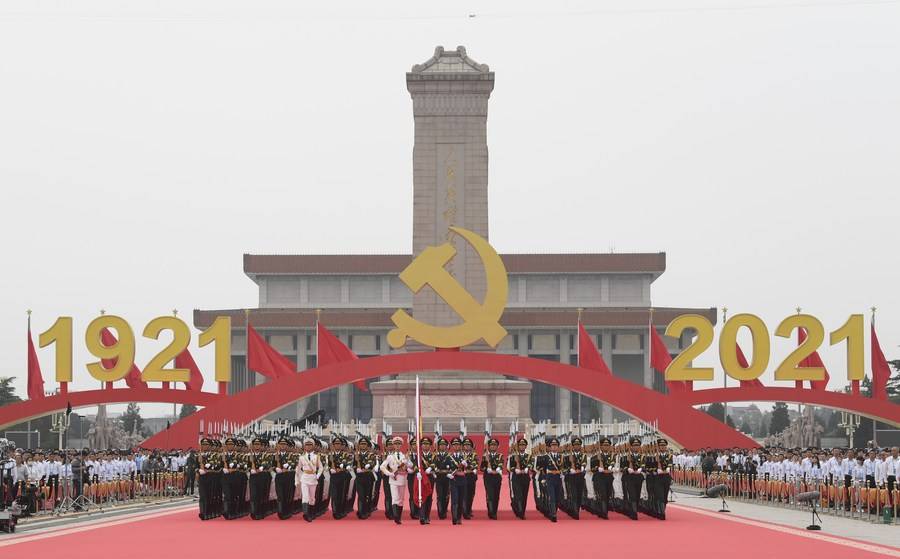
Every year when the anniversary of the massacre approaches, there is a usual crackdown on human rights activists, and authorities ensure that the day passes like any other day.
Pro-democracy activists used to hold an open candlelight vigil till about 2019. The city’s pro-democracy activists regarded this open celebration of the massacre as a sign of defiance against the CCP and Beijing, which flexed muscles over the city’s residents. But in the last two years, citing the Covid-19 pandemic, authorities have disallowed any gathering.
Following the removal of the ‘pillar of shame’, a few days later, Lingnan University in the city took down the Tiananmen Square Massacre sculpture for the “general interest of the university community.”
Chinese-born New Zealand artist Chen Weiming’s ‘Goddess of Democracy’ sculpture was also removed from The Chinese University of Hong Kong.
Ironically all these authoritarian moves come when China has exercised a great degree of repression in Hong Kong, in what was once an ‘oasis of liberty,’ in the desert of authoritarianism, the report said.
While economic realities may have changed, in many ways, politically, things have remained the same for those on the mainland. In 1989, ordinary Chinese lacked the right to vote and could not freely criticise the government. Three decades later, the situation is the same, the report further said, adding that, the CCP’s heavy hand has extended beyond its borders to intimidate, threaten, and cajole those who criticise its human rights record and its repression in Tibet, Xinjiang, and Hong Kong. (ANI)


